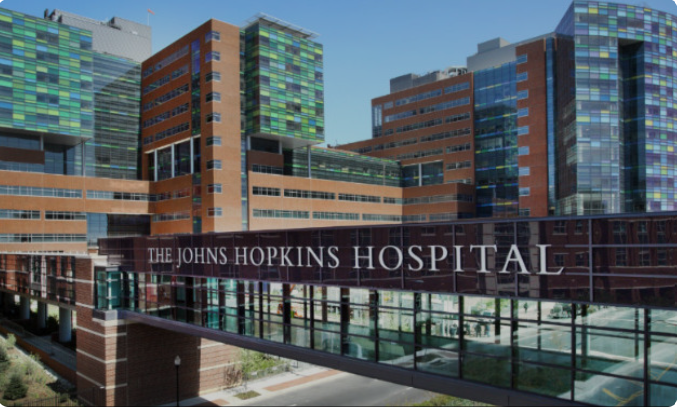Navigating Housing: A Comprehensive Guide for Medical Students and Residents at Johns Hopkins Medical Center


Medical education is an exhilarating journey, and for those pursuing their studies and residency at Johns Hopkins Medical Center, the vibrant city of Baltimore becomes a second home. Embarking on a housing search in Baltimore City can be both exciting and challenging. With its diverse neighborhoods, rich history, and vibrant culture, Charm City offers a range of housing options for residents. In this guide, we aim to provide comprehensive guidance to help medical students and residents navigate the housing landscape in and around Johns Hopkins.
1. Define Your Priorities: Before diving into the housing search, define your priorities. Consider factors such as proximity to the hospital, budget constraints, desired amenities, and the type of community you want to live in. This will guide your search and help you narrow down options.
2. Explore Baltimore’s Neighborhoods: Baltimore is known for its unique neighborhoods, each with its character. Research and explore neighborhoods based on your preferences. Whether you’re drawn to the historic charm of Federal Hill, the artsy vibe of Hampden, or the waterfront appeal of Fells Point, understanding the neighborhoods is crucial.
3. Set a Realistic Budget: Determine a realistic budget for housing, taking into account rent, utilities, and other associated costs. Baltimore offers a range of affordable options, but it’s important to strike a balance between your budget and the amenities you desire.
4. Utilize Online Platforms: Take advantage of online platforms like Zillow, Apartments.com, and Rent.com to search for available properties. These platforms provide detailed listings, including photos, virtual tours, and information about amenities. Narrow down your search based on your preferences.
5. Attend Housing Tours and Open Houses: If possible, attend housing tours and open houses to get a firsthand look at potential residences. This allows you to assess the condition of the property, ask questions, and get a feel for the neighborhood.
6. Consider Transportation: Evaluate transportation options in your chosen area. Baltimore has a well-connected public transportation system, but if you have a vehicle, consider parking availability and costs. Living close to your workplace or school can also save time and money on commuting. The Blue Jay Shuttle—To & From Campus is a free shuttle service available to all Johns Hopkins Hospital and Johns Hopkins University staff, faculty members, residents, postdoctoral fellows, students, and visiting Johns Hopkins Medicine affiliates—to and from their residences and the campuses within the service area.
7. Check Safety and Security: Prioritize safety when choosing a neighborhood. Research crime rates in different areas and consider factors such as street lighting, security measures in buildings, and the overall sense of community safety.
8. Understand Lease Agreements: Carefully review lease agreements before committing to a property. Pay attention to terms, conditions, and any additional fees. Seek legal advice if needed to ensure you have a clear understanding of your rights and responsibilities as a tenant.
9. Engage with Local Community Resources: Familiarize yourself with local community resources, such as grocery stores, healthcare facilities, schools, and recreational areas. Being well-connected to essential services enhances your overall living experience.
10. Connect with Locals and Seek Recommendations: Reach out to locals or use online forums to seek recommendations for housing in specific neighborhoods. Local insights can provide valuable information that may not be available through online listings.
Finding the right housing during your medical education and residency is a significant aspect of your overall experience. By understanding your needs, exploring on-campus and off-campus options, navigating the rental market wisely, and considering community resources, you can make informed decisions that contribute to a positive and enriching living experience at Johns Hopkins Medical Center.


Latest Comments